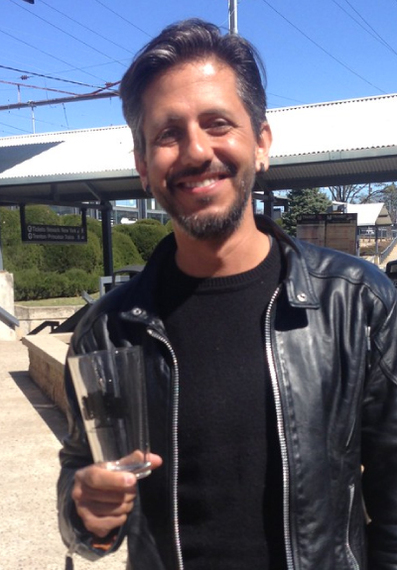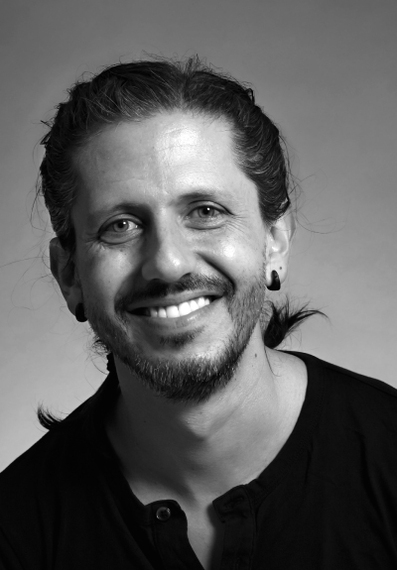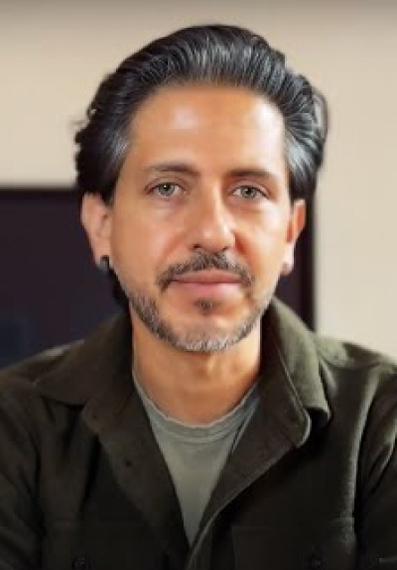Director, Screenplay, Production
Juan Mejía Botero
Born July 11, 1977, he is a filmmaker with 25 years of experience creating documentary features and series. Throughout his extensive career, he has consistently focused on community cinema and collaborative activist documentaries dealing with global justice movements. Most notably, his feature film Igualada made its world premiere at the Sundance Film Festival in 2024.
Mejía Botero's documentary work is inspired by his involvement in community media and longstanding partnerships with grassroots and community organizations in the region. His directorial portfolio includes short and feature-length documentaries on pressing issues such as forced displacement, ethnic autonomy, state violence, and natural resources. These films have found their place in various film festivals and television broadcasts.
He received his BA in Anthropology and Sociology from Swarthmore College (USA) in 2000. The following year, as a recipient of the Thomas J. Watson Fellowship, he traveled, lived, and worked as a community video facilitator and project mentor in Colombia, Brazil, Peru, Chile, and Ecuador. These projects trained indigenous communities, peasant cooperatives, and homeless children in the basics of video and the possibilities of self-representation while challenging traditional and hegemonic media.
After completing his fellowship, he began working with the Afro-Colombian organizations AFRODES (Association of Displaced Afro-Colombians) and PCN (Black Communities Process). Among the media projects he has carried out with these organizations is a participatory video with five displaced youth, who received three months of video production training and designed and filmed a short documentary on forced displacement.
The workshops led to the creation of A través de estos ojos (Through These Eyes), a documentary exploring media influence and self-representation. His work with PCN resulted in a television commercial for the 2005 Colombian Census, encouraging Afro-Colombians to self-identify for more accurate population statistics in the country.
In 2004, he earned a Master's Degree in Latin American Studies from the University of Texas, concentrating on Development and Communication. After a year of continuing his work with AFRODES, he pursued an M.A. in Social Documentation at the University of California, graduating in 2007. His thesis project, the medium-length film Uprooted, portrays the life of a displaced Afro-Colombian family on Colombia's Pacific coast.
His feature documentary Muerte por mil cortes (Death by a Thousand Cuts) premiered at Hot Docs and won the Grand Jury Prize at the Seattle International Film Festival and the Audience Award at DOC NYC. Most recently, he produced the episodic series Amend: The Fight for America (Netflix), Soul of a Nation (ABC), and Condado de la matanza (Killing County - Hulu). His short film Houston United premiered at the Tribeca Film Festival.
On the genesis of Igualada, his film about Colombian Vice President Francia Márquez, he recalls, "I started my filmmaking journey by focusing on a series about forced displacement in Colombia. I'd been working with black community groups for a few years. That's how I met Francia 15 years ago. She lived with her mother in Yolombó and was an emerging activist. When we first met, Francia was fighting to protect her community from a looming mining concession that threatened to displace them. Although she was only in her early twenties, Francia's unwavering commitment to justice had a profound impact on me. In 2010, as the eviction loomed, I created a short film telling Francia's story and the struggle in La Toma. Francia and I stood side by side. When she called and mentioned that she was considering running for president, I was stunned. The idea of a black, rural woman, raised on the margins and in resistance, running for the presidency of Colombia seemed almost unimaginable. I asked her, 'Francia, can we capture this moment in a movie? I think it's imperative to document it.'"








